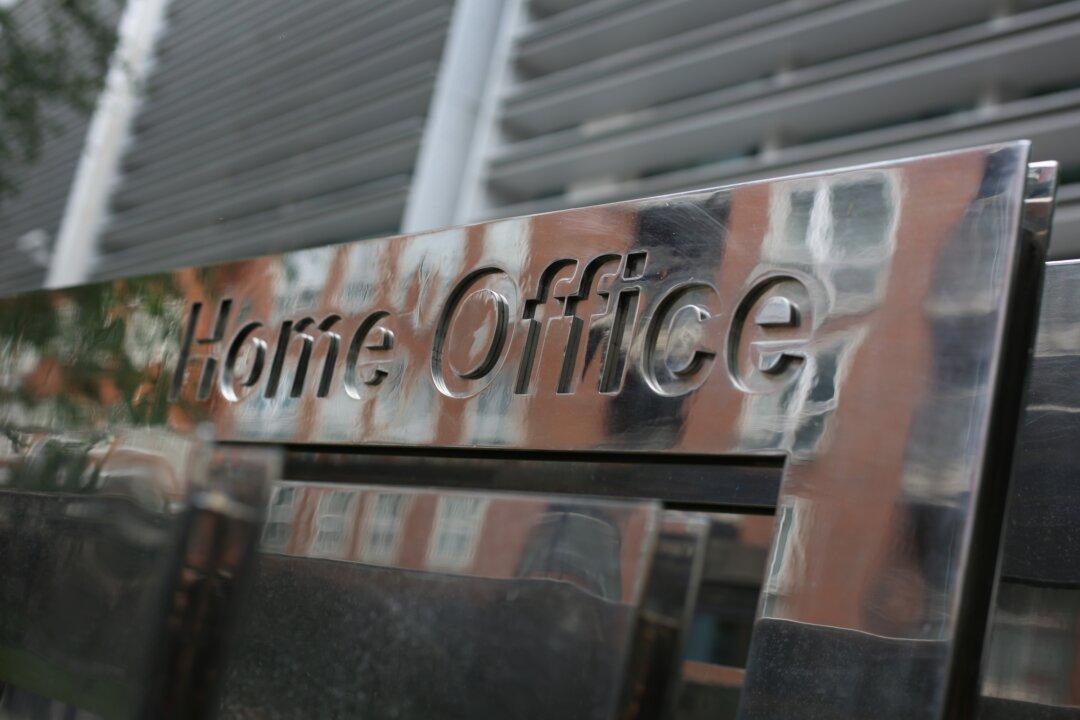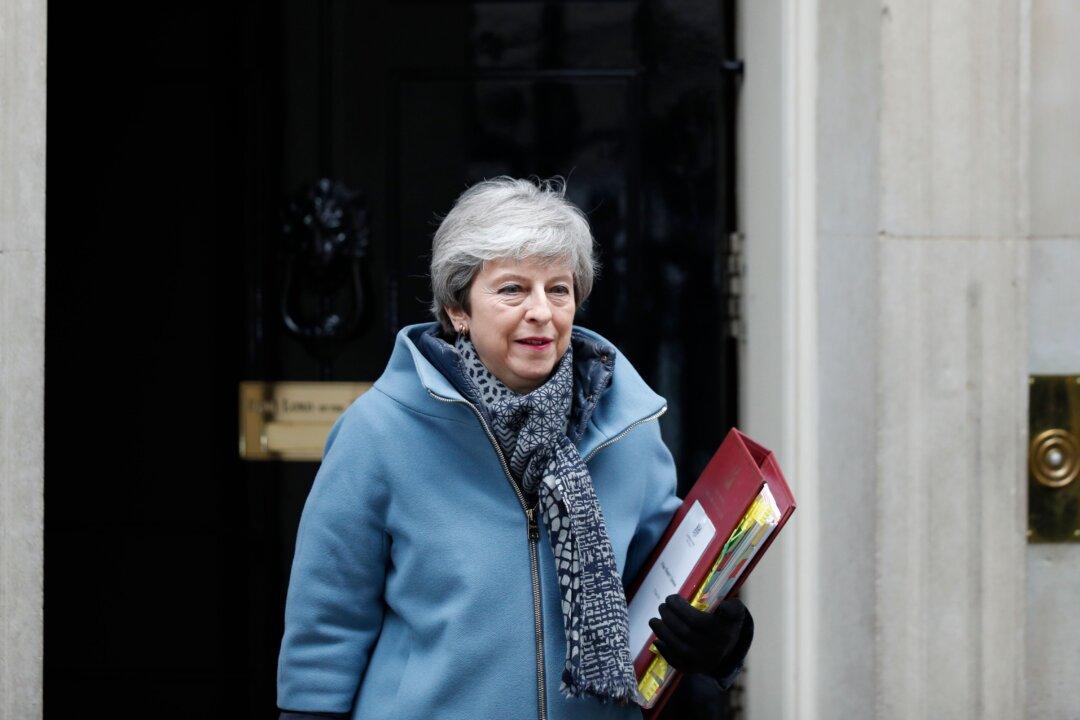LONDON—In an attempt to crack down on money laundering and corruption, the British government has suspended investor visas that allow the superrich to gain speedy entry to the country.
Tier-one investor visas enable wealthy people to settle in the UK by investing in government bonds or British businesses.




